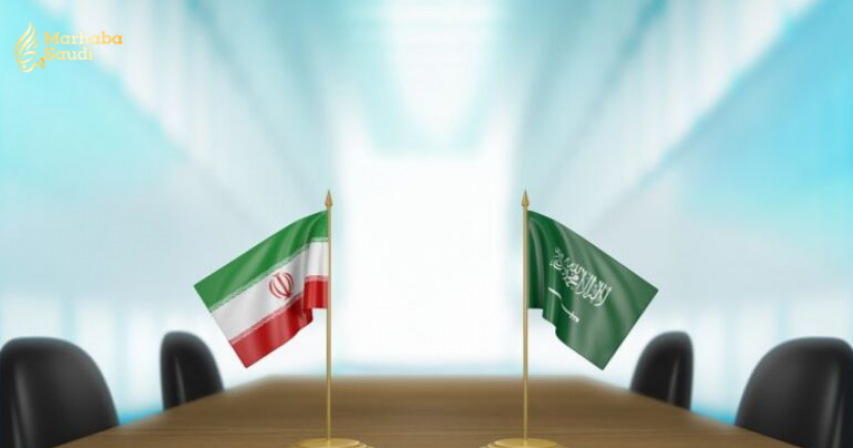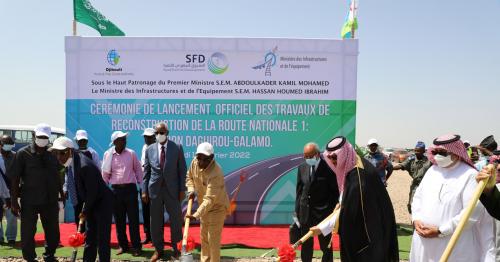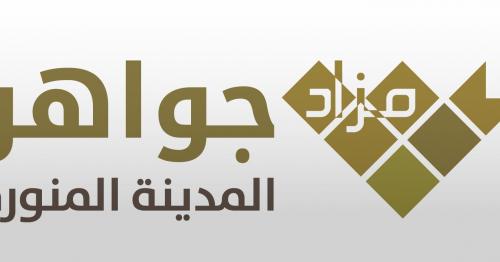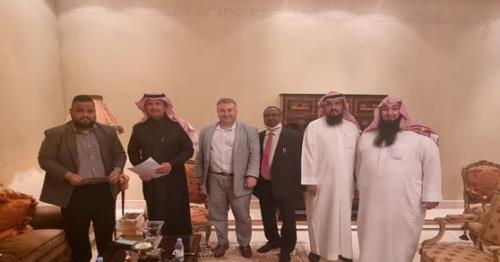Can Iran and Saudi Arabia avoid war and get along? Reports say they have already begun to talk

Iran and Saudi Arabia's regional rivalry has been heating up in recent months, threatening to erupt into an all-out conflict, but the two sides may finally be looking to de-escalate their feud.
Weeks after Saudi oil sites were struck in an attack claimed by Yemen's Zaidi Shiite Muslim movement Ansar Allah, or the Houthis, but blamed on Iran by the United States and some of its allies, Iranian Energy Minister Bijan Zanganeh denied his country's involvement and argued he was on good terms with his newly-appointed Saudi counterpart. Addressing officials gathered in Moscow for Russia Energy Week, he stated that Saudi Arabia's "Prince Abdulaziz bin Salman has been a friend for over 22 years," as quoted by Reuters.
The two men were also reportedly seen holding hands together alongside Mohammed Barkindo, the secretary-general of the Organization of Petroleum-Exporting Countries (OPEC), of which both countries are members, though often combative ones.
Speaking to Iran's semi-official Islamic Republic of Iran Broadcasting outlet on the sidelines of the meeting, Zanganeh said Iran has "never had a problem meeting" Prince Abdulaziz.
Though Saudi Crown Prince Mohammed bin Salman called on nations to take "strong and firm action to deter Iran" in an interview Sunday with CBS News following last month's attack, he also said that a peaceful resolution to tensions with Iran was "much better than a military one," which could lead to "a total collapse of the global economy, and not just Saudi Arabia or the Middle East countries." The remarks were welcomed by Iranian Parliament Speaker Ali Larijani.
"Iran is open to starting a dialogue with Saudi Arabia and other countries in the region," Larijani told Al Jazeera in an interview aired Tuesday, adding that "an Iranian-Saudi dialogue could solve many of the region's security and political problems."
A day earlier, Iranian government spokesperson Ali Rabei told the semi-official Iran Labor News Agency that Iranian President Hassan Rouhani "has received messages from Saudi Arabia" via other heads of state. Meanwhile, Abbas al-Hasnawi, described as an official from Iraqi Prime Minister Adel Abdul-Mahdi's office, told Middle East Eye on Tuesday that Baghdad was mediating between Riyadh and Tehran. Al-Hasnawi said the Iraqi leader was working on hosting both sides and "the Saudis have given the green light in this matter."
Later that day, however, Saudi State Minister for Foreign Affairs Adel al-Jubeir—who walked out ahead of Rouhani's United Nations General Assembly address inviting Saudi Arabia and others to join a regional "Coalition for HOPE," officially Hormuz Peace Endeavor—called Rabei's remarks "not accurate."
"What happened is that sister countries sought a calming, and we informed them that the position of the kingdom was to always seek security and stability in the region," Jubeir tweeted in Arabic. "We also informed them that the truce must come from the party that is escalating and spreading chaos through its hostile acts in the region and conveyed to them our position on the Iranian regime that we have always declared clearly in all forums, most recently during the United Nations General Assembly."
He added: "The kingdom's position is repeated here so that they may hear: Stop your support for terrorism, the policies of chaos and destruction, interference in the internal affairs of Arab states, the development of weapons of mass destruction and the ballistic missile program, behave like a normal state, not like a rogue state sponsor of terrorism."
Jubeir's accusations matched those voiced by President Donald Trump and his administration, which abandoned a 2015 nuclear deal with Iran last year, despite backing from China, the European Union, France, Germany, Russia and the United Kingdom. Saudi Arabia and fellow close U.S. partner Israel notably opposed the deal. Washington has since constricted Tehran with sanctions designed to disrupt its economy and undermine its political influence.
In the wake of the recent attacks in Saudi Arabia and other instances of unrest that the Trump administration and its allies have blamed on Iran, the U.S. has stepped up its military presence in the Persian Gulf. This included the deployment of troops and missile defenses to the oil-rich kingdom, further angering the Islamic republic, which has sought to bolster regional cooperation and slammed foreign intervention.
/ Source: https://www.newsweek.com





Comments